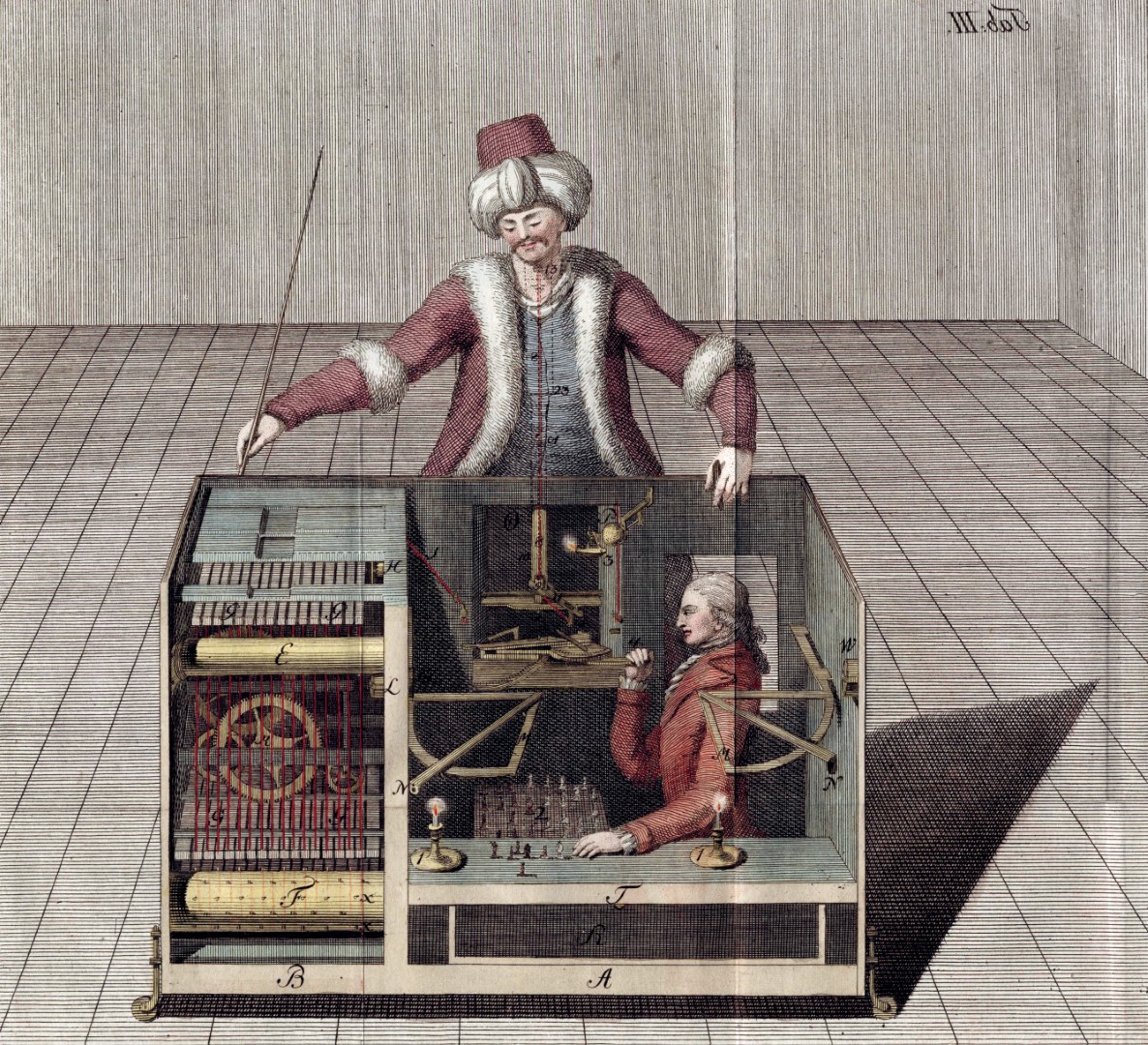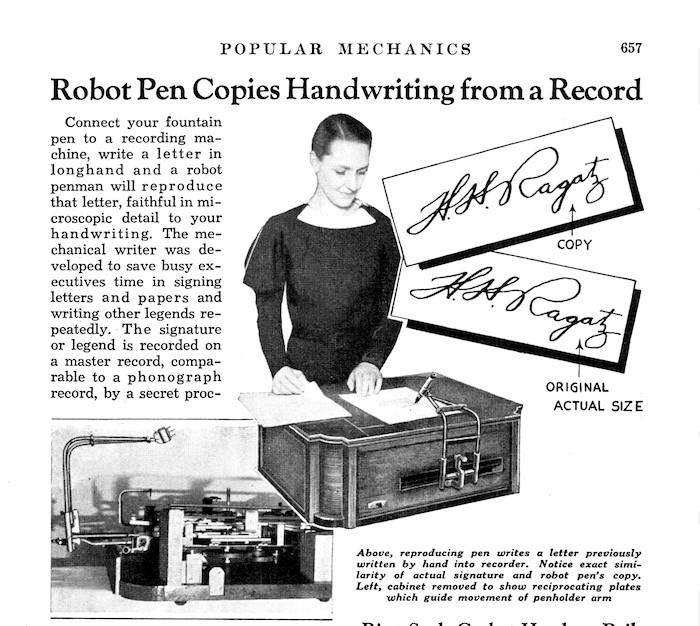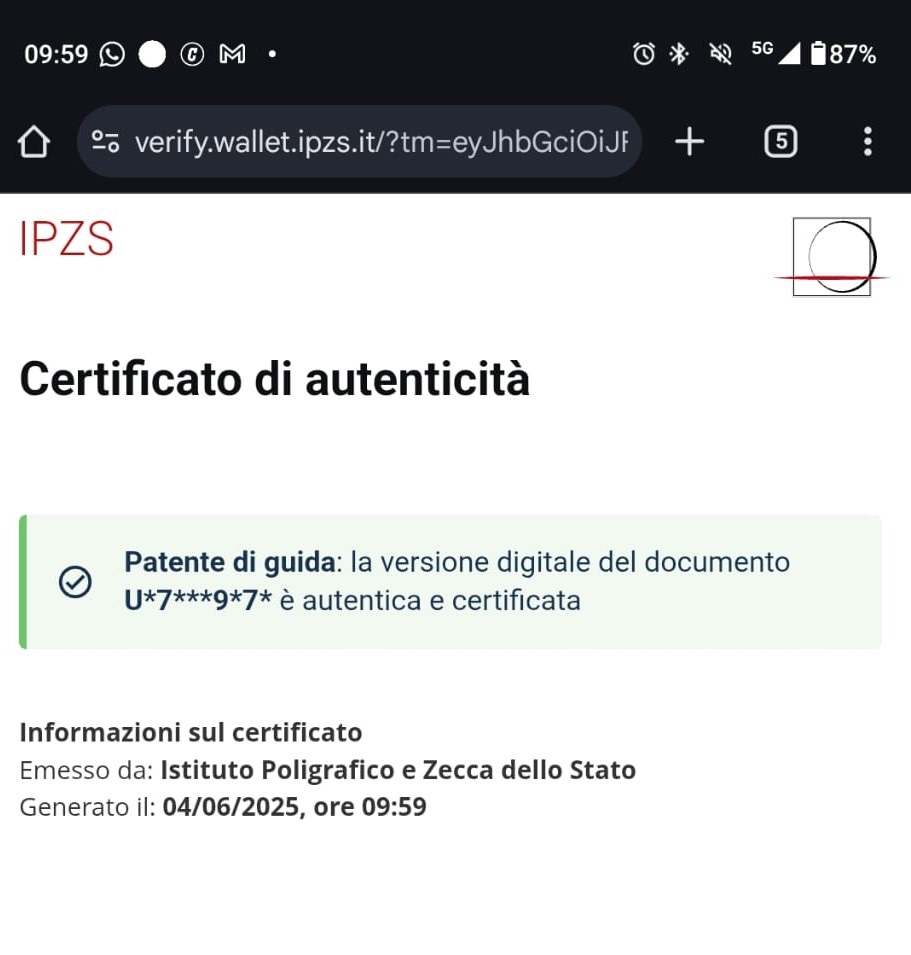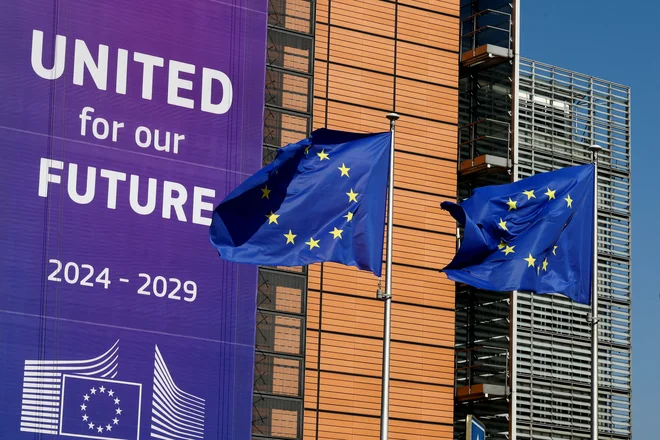Can social networks teach healthy lifestyles? The adolescent-air laboratory survey

The first results, on a national sample representative of over 2 thousand students (12-19 years). Teenagers seem to consider positively the possibility of knowing something more regarding their health also through the kings posted on social networks. But confusion and uncertainty reign
That teenagers live on social media (Tik Tok and Instagram in the first place) is now well known. But, beyond the demonization of the ritual regarding this habit, can social networks also be an information vehicle with respect to the topics relating to health and, above all, prevention? The application was asked to directly concerned in the 2025 edition ofInvestigation on the lifestyles of teenagers who live in Italy – in progress in these weeks – made every year byASSOCIATION Laboratory Adolescence and by the IArd Research Institute On a national sample representative of over 2000 students of the age group 12-19 years. Investigation that has the patronage of the Italian Society of Pediatrics and of the Italian Society of Child and Adolescence Gynecology and is also carried out in collaboration with the Health courier.
From the analysis of the first results obtained (the data cannot yet be considered definitive, but is already sufficiently stabilized), Teenagers seem to consider positively the possibility of knowing something more regarding their health also through the Kingel posted on social networks.
On the other hand, that information on health and prevention would need us, it can be seen, always through what is recorded by the adoptions adolescence -air laboratory over the years, from confusion and theuncertainty that girls and boys have on these topics.
Just to mention some examples, beyond 40% of teenagers (data 2024) believes that prevention Diseases are not needed, because if you are « destined » to get sick, you get sick. 73% (and this is a positive fact) is convinced that smoking face very bad for health, but just over 30% he is convinced that alcohol face equally bad.
On vaccinationsThen, the confusion is normally. 68% He says he had made the antitanic vaccination, but only 32% He claims to have made the vaccination against the diphtheria. Relevant given the vaccinations administered together. As well less than 30% He knows what are the contagion of the meningococcal meningitis which is a disease that affects adolescents in particular, and few have notion that there is a vaccination in this regard and if they did it or not.
That the right way to give some more information to this hyperconnex generation (It is no coincidence that this year’s investigation has the title « Follower teenagers « ) are they really social networks? « The problem of awareness regarding the health that teenagers must start acquiring even directly is wide – he says Gianni Bona, Honorary President of Laboratory Adolescence, Professor’s Professor and today Coordinator of Ambo (alliance for an environment for children and teenager) -. A sort of alliance between family, doctors (pediatrician or family doctor depending on age) and school must fill this emptiness, but you can no longer be regardless of the tools that the Internet makes available by teaching adolescents to use them at best. And to do this we must get involved ourselves by creating, for example, the contents of the messages relating to health, to be circulated on social networks. Messages that are scientifically correct, but extremely clear and usable. That then a doctor, a famous influencer or a teenager like them does not matter if the source is authoritative and clearly highlighted ». What Bona claims, moreover, can also serve to get adolescents to the idea that on the internet – and applies to all areas, not only for health – it is always very important to ascertain the credibility of those who speak and not only rely on its affabulatory skills, otherwise we could also start convincing that the earth is truly flat.
The investigation
Returning to the adagine adolescence -air laboratory, as explained Carlo Buzzisociologist of the University of Trento and scientific director of the project, the data detection is made online through An anonymous questionnaire, which does not contain questions that refer to sensitive and not traceable datathat is, it is not possible to trace those who sent the answer. To the questionnaire-obviously aimed at adolescents in the age target (12-19 years)-it is possible to access, as already on the past years, also directly from this page of Corriere Salute, through the following link: https://bit.ly/indaginela2025. And the teachers and schools that are interested in joining directly can contact [email protected].
The themes addressed this year have as their main common thread the idea that teenagers have of their future, understood in a broad sense, to see if there are signs of reversal regarding a very negative trend that began in the year of the Covid pandemic. But on this front the first available data do not seem comforting.








